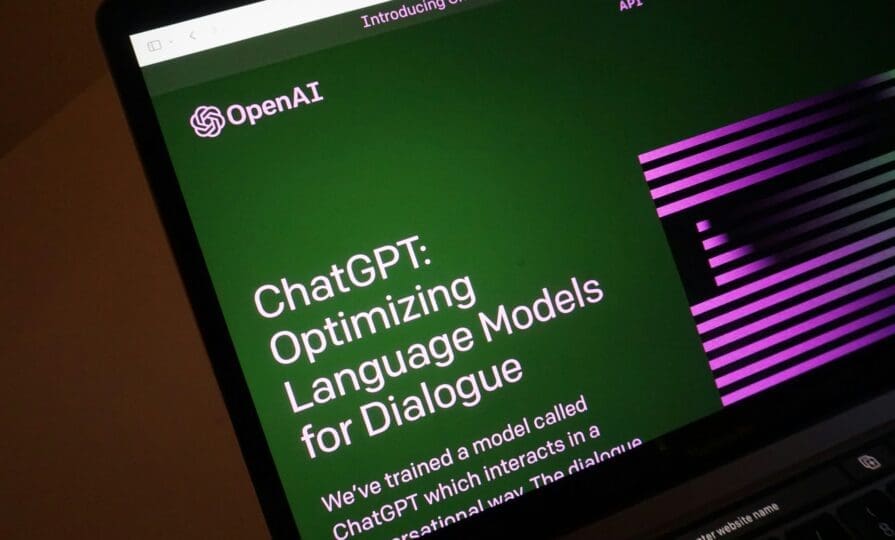ChatGPT introduces ‘study mode’ to encourage learning for students
With study mode, students will be met with guiding questions that ‘calibrate responses to their objective and skill level to help them build deeper understanding’

Register to get 1 free article
Reveal the article below by registering for our email newsletter.
Want unlimited access? View Plans
Already have an account? Sign in
ChatGPT has introduced ‘study mode’, a new feature that will encourage students to “work through problems step by step instead of just getting an answer”.
It comes as the platform acknowledged more students are turning to it to work through “challenging” homework problems, prepare for exams, and explore new concepts.
It said: “But its use in education has also raised an important question: how do we ensure it is used to support real learning, and doesn’t just offer solutions without helping students make sense of them?”
With study mode, students will be met with guiding questions that “calibrate responses to their objective and skill level to help them build deeper understanding”. According to ChatGPT, it is designed to be “engaging and interactive”, and to help students learn.
Study mode is powered by custom system instructions written by OpenAI in collaboration with teachers, scientists, and pedagogy experts to reflect a core set of behaviors that support deeper learning.
This includes: encouraging active participation; managing cognitive load; proactively developing metacognition and self reflection; fostering curiosity; and providing actionable and supportive feedback.
ChatGPT said these behaviors are based on longstanding research in learning science and “shape how study mode responds to students”.
Features of study mode include:
- Interactive prompts: Combines Socratic questioning, hints, and self-reflection prompts to guide understanding and promote active learning, instead of providing answers outright.
- Scaffolded responses: Information is organised into easy-to-follow sections that highlight the key connections between topics, keeping information engaging with “just the right amount” of context and reducing overwhelm for complex topics.
- Personalised support: Lessons are tailored to the right level for the user, based on questions that assess skill level and memory from previous chats.
- Knowledge checks: Quizzes and open-ended questions, along with personalised feedback to track progress, support knowledge retention and the ability to apply that knowledge in new contexts.
- Flexibility: Easily toggle study mode on and off during a conversation, giving users the flexibility to adapt to learning goals in each conversation.
Robbie Torney, senior director of AI Programs at Common Sense Media, said: “Instead of doing the work for them, study mode encourages students to think critically about their learning. Features like these are a positive step toward effective AI use for learning. Even in the AI era, the best learning still happens when students are excited about and actively engaging with the lesson material.”
Starting today (29 July), it’s available to logged in users on Free, Plus, Pro, Team, with availability in ChatGPT Edu coming in the next few weeks.

